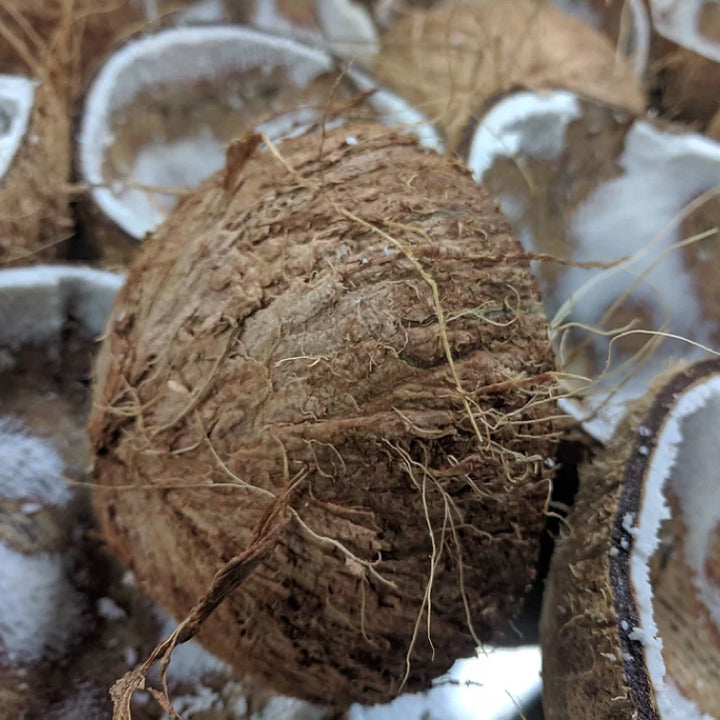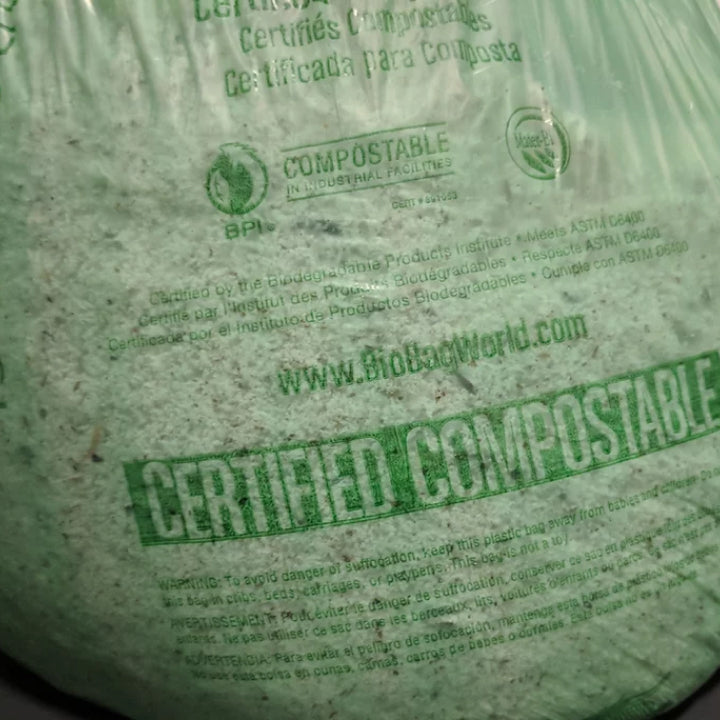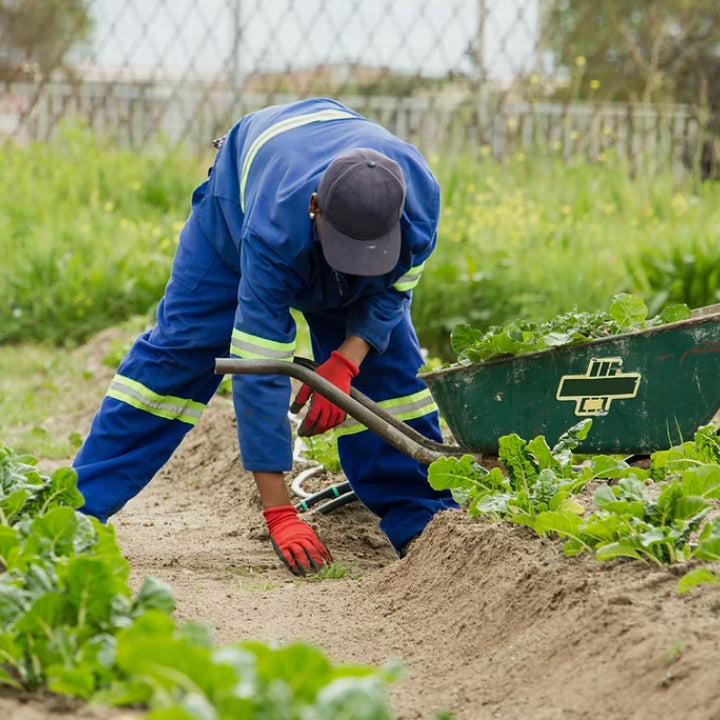How Is kubé Sustainable?
It's simple to be green. We do it in three simple steps:
- All our byproducts are transformed into compost.
- kubé collects all of our byproducts (coconut shells and shreds).
- Our compost is given to urban community gardens in low-income areas. Urban community gardens promote healthy communities and create jobs.
At kubé, we play a pivotal role in building regenerative economies that focus on food justice and the triple bottom line of economics, equity, and ecology.

Our Shells & Coconut Shreds
What are we doing with our raw coconut wastes?
We are joyously striving to be better stewards of Mama Earth. We are constantly refining what this looks like throughout our production process. This is why we do not disregard any of our waste/ byproducts. We have a social responsibility to compost our coconut shells and coconut shreds that have been pressed, and other byproducts from our other fruit and seed ingredients, to organic urban gardens in Oakland, California.
Zero Waste Strategy
How are we honoring Mama Earth?
Our composting strategy transforms waste into a valuable soil resource, reduces carbon emissions, saves space in landfills, and supports food justice.
This is why kubé is constantly striving to be a better environmental citizen.


Local Community Impact
What are we doing in the community?
kubé is healthy liberation! We strive to liberate people, animals, and the environment from systemic oppression and abuse. With food justice, we liberate people, animals, and food from toxic chemical preservatives (no sodium metabisulfite), artificial flavors, and coloring.
At kubé, we give our waste (coconut shreds and shells) & other byproducts to local, organic urban farms, in low-income communities, to turn it into a soil resource to grow more food. This is the definition of regenerative. kubé exists to restore health, economic equity, integrity, and trusted relationships back to coconut farmers and diverse communities. In particular, kubé exists to restore value back to the lactose intolerant population, the allergen population, ice cream enthusiasts, and to people of color who have been historically excluded from employment and ownership within the plant-based, food industry. We are open to partnerships with community and corporate stakeholders implementing strategies for food justice, racial equity, environmental sustainability, health and wellness, and inclusive economies.



